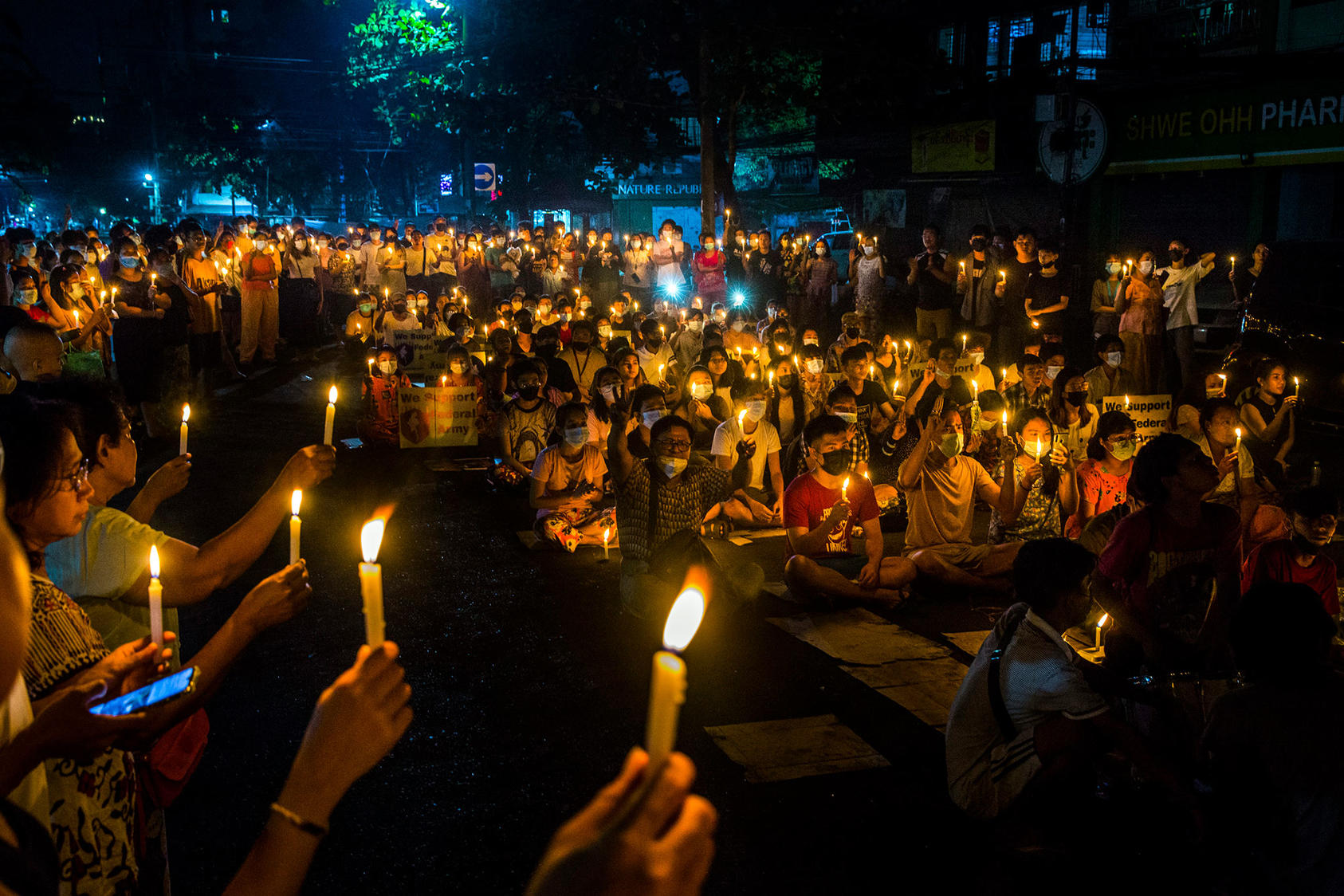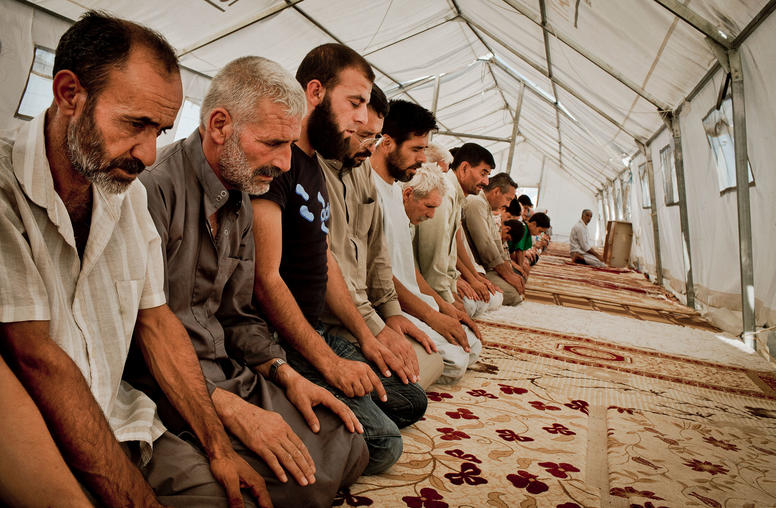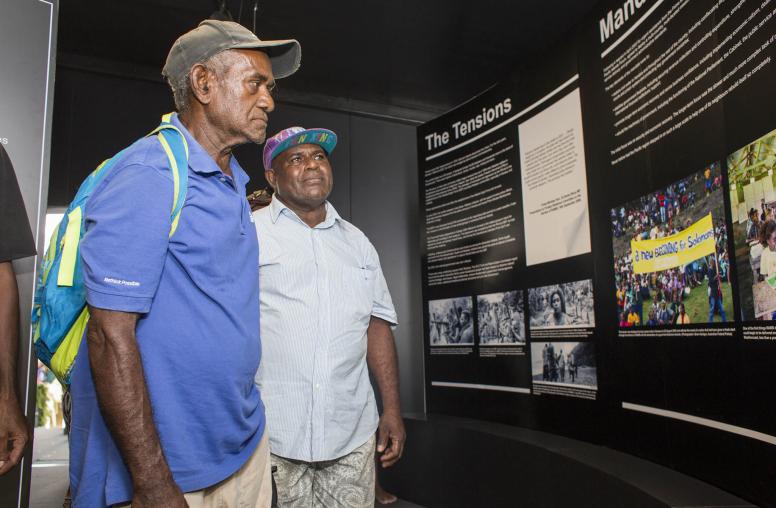
Research has shown that there is a higher prevalence of mental disorders and behavioral problems among displaced persons, which can increase distrust between persons and communities, make unemployment more prevalent, and hinder displaced persons’ integration into new communities and societies.
Religious and many non-religious people often look to religious actors and institutions to support their psychosocial needs. And religious actors are often on the front lines of assisting people who have been displaced by violent conflict.
Furthermore, religious institutions tend to have broader access to territories and populations, often where other service providers cannot operate, given their ability to work locally while benefitting from the credibility and trust engendered by their religious ties and affiliation. In a time when there are an extraordinary number of trauma-impacted migrants and displaced people worldwide — and when locally available mental health resources are overburdened or cannot enter the areas where they are needed most — strengthening the capacity of religious actors in this field will enhance trauma support, while still respecting the unique roles and contributions of each actor.
The Connection between Mental Health, Psychosocial Support and Religious Actors
USIP recognizes the pressing need to bridge the gap between religious actors, mental health professionals and other government and nongovernment actors tasked with the psychosocial support of displaced populations.
This project’s pilot program in Colombia and Venezuela identified promising practices on how to link religious actors with mental health service providers and unlock the potential for religious actors to provide mental health support to the communities that they serve. It also opens opportunities to teach mental health professionals how to integrate religious or spiritual practices, rituals, and norms into their mental health services.
Furthermore, interviews with religious and mental health and psychosocial support (MHPSS) actors supporting migrants have identified that faith has the potential to act as a common ground on which migrants can recognize and bond with others’ humanity in profound ways that can facilitate empathy and communication.
To meet the growing need for MHPSS that is inclusive, accessible, culturally resonant and delivered by proximate and trusted members of the community, this project will build upon the learnings from its pilot initiative and continue to enhance the capacity of religious actors to provide scientifically grounded MHPSS.
Future efforts in partnership with local and international stakeholders in Asia and Europe aim to help religious actors and mental health professionals to blend religious and ancestral ritual, practice and norms with the evidence-based methods in MHPSS for conflict affected communities.
Through this broader thematic area of work, USIP will:
- Build better understanding by conducting and disseminating research to map and identify current efforts, resources, promising practices and evidence-based interventions to inform policy and practice.
- Develop scientifically grounded, culturally resonant and conflict sensitive training tools that will address mental health needs of conflict-affected communities.
- Provide training, connection and other resources that equip religious actors from conflict-affected communities with the skills, and resources to identify mental health needs and provide support.
- Foster effective collaboration between religious and traditional actors and mental health professionals to encourage more effective psychosocial support for survivors of conflict-related trauma.





